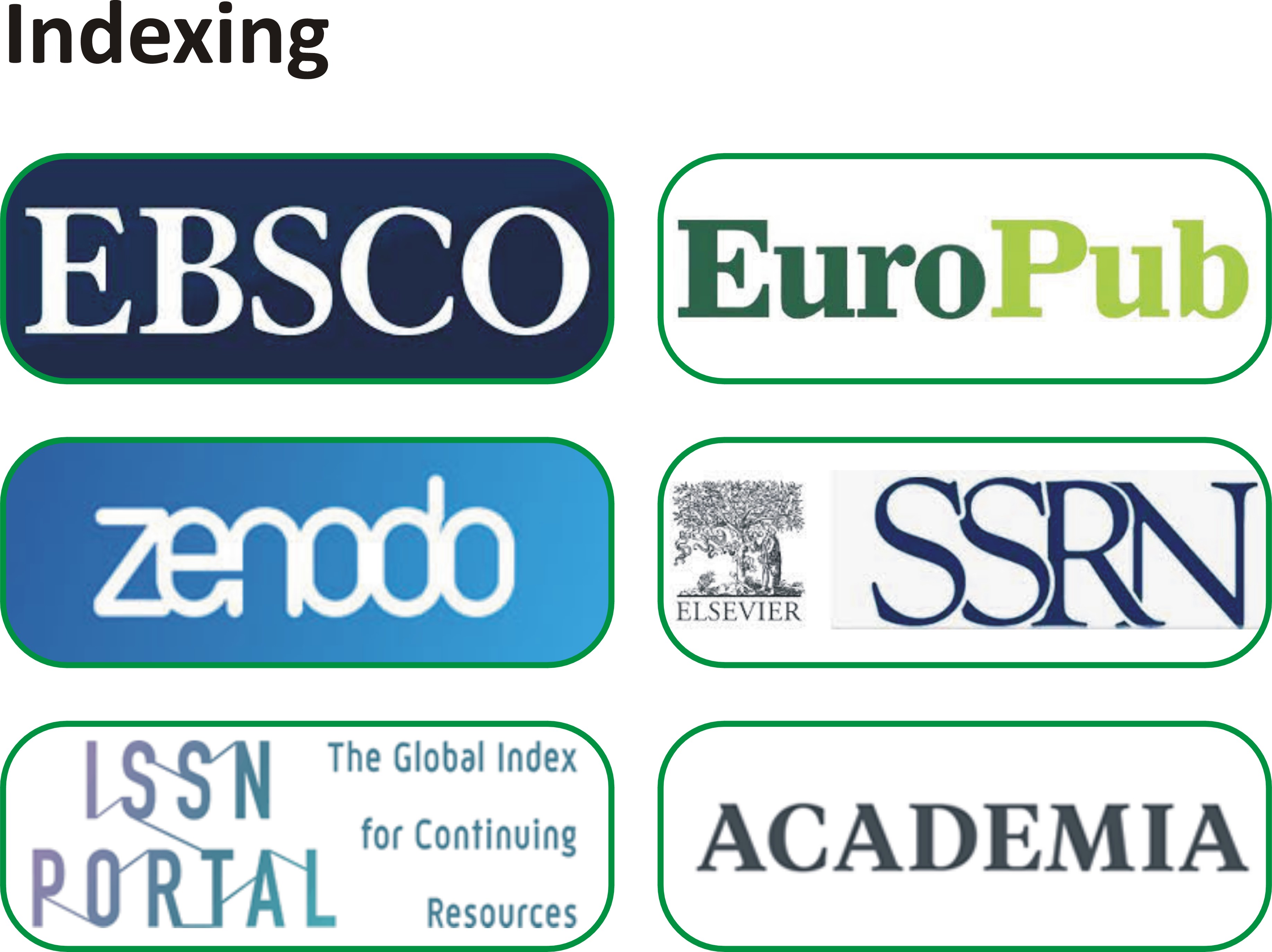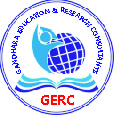EXPLORING THE IMPACT OF AGING ON JOB PERFORMANCE & WORK PRODUCTIVITY AMONGST HEALTHCARE WORKERS
Abstract
Almost all organizations globally today operate with workers of diverse ages, with older workers constituting a significant proportion of the workforce. The implications of the latter demographic trends, which have accompanied the realities of increased life expectancy, the shift to the global knowledge economy, and the mounting skills shortages experienced by many countries, have become a source of growing concern. It also applies to the productivity of organizations. The issue that this study aims to assess is the impact of employee aging on job performance and productivity in a specific industry. For this purpose, a cross-sectional research design was employed and data was collected from 50 respondents of diverse ages. Each of the respondents was expected to complete the provided questionnaires on the standard measures of job productivity and performance. In turn, some hypothesized statistics such as ANOVA, in other words, were used to establish the framework around which the hypotheses would be proved. The conclusion demonstrates that there are no significant variations in the performance and productivity across different cohorts of ages. In other words, growing older does not adversely affect workers in the healthcare industry. Other factors such as job design, training, and experience may be important for achieving performance and productivity outcomes. This study significantly adds to the existing literature on the aging workforce and provides practical insights on how to manage age diversity while promoting productivity in the workplace.
Copyright Notice Submission of an article implies that the work described has not been published previously (except in the form of an abstract or as part of a published lecture or academic thesis), that it is not under consideration for publication elsewhere, that its publication is approved by all authors and tacitly or explicitly by the responsible authorities where the work was carried out, and that, if accepted, will not be published elsewhere in the same form, in English or in any other language, without the written consent of the Publisher. The Editors reserve the right to edit or otherwise alter all contributions, but authors will receive proofs for approval before publication. Copyrights for articles published in IJSSA journal are retained by the authors, with first publication rights granted to the journal. The journal/publisher is not responsible for subsequent uses of the work. It is the author’s responsibility to bring an infringement action if so desired by the author.



